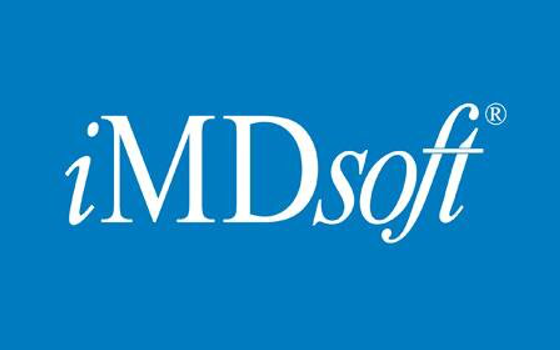 iMDsoft®, a leader in clinical information systems, is proud to be working with two of the NHS's global digital exemplars, University Hospital Southampton NHS Foundation Trust (UHS) and West Suffolk Hospital.
iMDsoft®, a leader in clinical information systems, is proud to be working with two of the NHS's global digital exemplars, University Hospital Southampton NHS Foundation Trust (UHS) and West Suffolk Hospital.
NHS England recently announced that £100 million is to be made available for global digital exemplars. Dr. Robert Wachter, head of the advisory group appointed to advise NHS England on digital implementation in the secondary care sector, recommended splitting NHS organisations into three groups for the purpose of allocating funds: Group A, global exemplars; Group B, the "less advanced but digitally fair;" and Group C, which is not yet advanced enough to use new funds efficiently. The report suggests that a significant investment should be made in the digitally strong Group A with the goals of creating world-class leaders in healthcare digitisation and exemplars for the rest of the NHS.
UHS is now in the process of implementing the mobile electronic observation system MetaVision SafeTrack™ across all 1237 of its general ward Level 1 beds. Using mobile devices across 57 wards, 3,000 nurses and midwives will replace paper with MetaVision SafeTrack to capture observations. Automated Modified Early Warning Score (MEWS) calculations and escalations will notify the relevant clinical team to the need for intervention. The system will support the specific MEWS of the various hospital departments and can also be adjusted per patient. Smart alerts and nursing assessments for conditions such as sepsis, AKI and VTE will help identify possible patient deterioration.
UHS also chose the MetaVision® Patient Data Management System (PDMS) for their high acuity environments and is installing the solution across 100 anaesthesia and intensive care beds. The system is already live in their General ICU, Cardiac ICU, Surgical HDU, Respiratory HDU and Cardiac OR, with implementations in additional ICUs slated to continue over the next few months.
West Suffolk Hospital has been live with the MetaVision PDMS in their ICU since November 2010, benefitting from comprehensive, accurate and actionable electronic medical records. iMDsoft provided West Suffolk Hospital with automatic reporting for the Critical Care Minimum Data Set and ICNARC. The introduction of this workflow helps save time, reduce administrative burden and increase reimbursement.
"With digital documentation an increasingly accepted practice, we are seeing a shift in emphasis towards using systems to drive improved outcomes. Our systems integrate with medical devices and predictive analysis algorithms, enabling clinicians to continually track patient condition. We are excited to be at the forefront of these exciting developments in the NHS," said Eran David, CTO, iMDsoft.
To get more insight about MetaVision SafeTrack and the MetaVision PDMS, book a meeting with iMDsoft at EHI Live 2016 in Birmingham or Patient First in London.
About iMDsoft
iMDsoft is a leading provider of Clinical Information Systems for critical, perioperative, and acute care environments. The company's flagship family of solutions, the MetaVision Suite, was first implemented in 1999. Hospitals and health networks worldwide use MetaVision to improve care quality and enhance financial results. The system promotes compliance with protocols and best practices, streamlines reporting and supports clinical research.